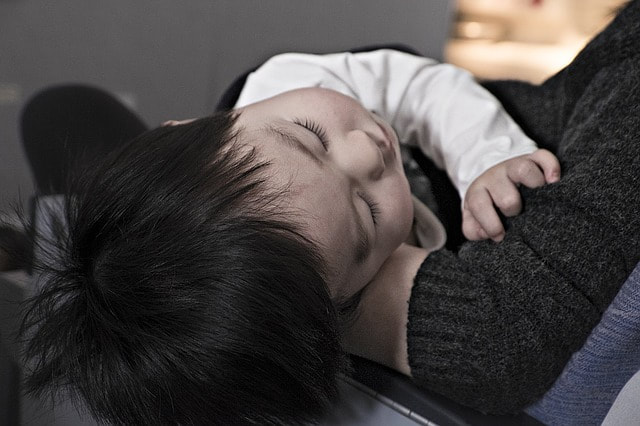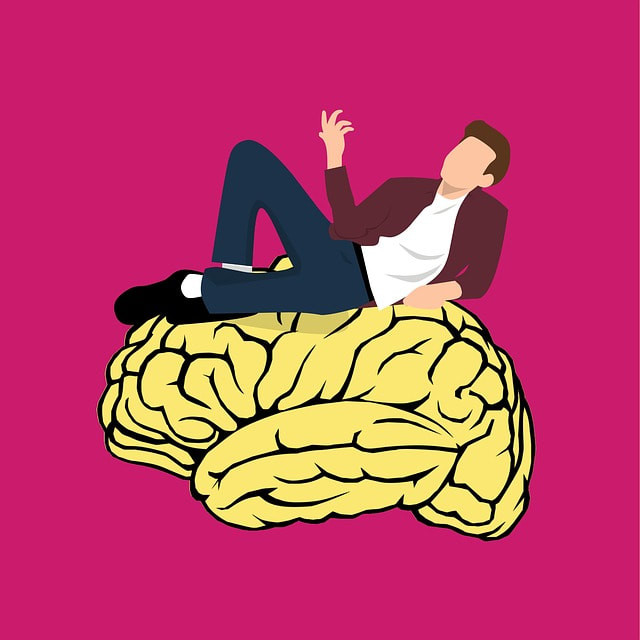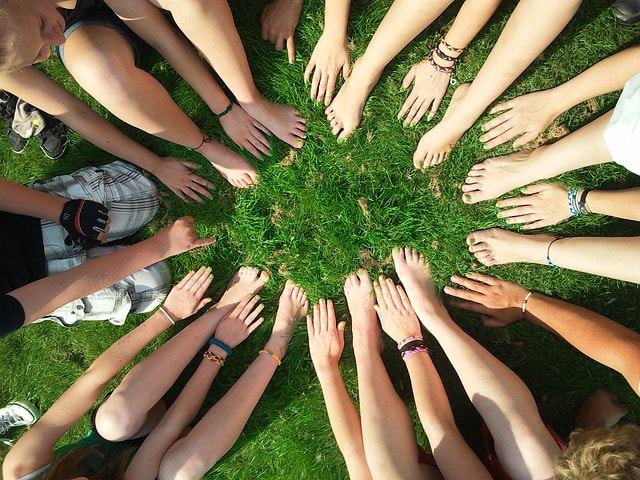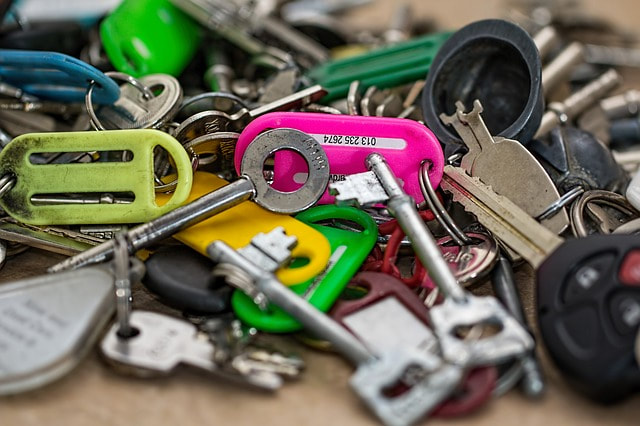This is how it works:
- For the first month of baby's life, she responds to her environment with reflexes such as sucking and being startled.
- Until month #4, she's beginning to appreciate cause-and-effect and it happens by accident. "Oh, look! What's this? A thumb? Oh, I so like sucking on this! I'm gonna do this again".
- During months 4 to 8, she's paying more attention and notices that if she makes an effort to get her thumb into her mouth, she can soothe herself and calm down.
- From 8 months to a year, she's moved on to hitting things together to make noise, shaking things to make noise and yes, she's a noise machine. She getting more intentional with her behavior and understanding cause-and-effect is underway and boy, oh boy, can she gets frustrated when she wants to do something and her motor skills don't cooperate.
- Beginning at a year, she's starts "doing stuff" to get your attention. This is when she starts using her power intentionally to get what she wants from you.
So, when Momma puts her down and she doesn't want that to happen, she yelps and screams and puts on a show. Part of this is because she has not yet developed object permanence which begins to emerge from ages 18 to 24 months, but babies as young as 4 months seem to have the beginnings of this ability.
Object permanence means that she knows that you still exist in the world even though you're not around! Games such as "peeky boo" will help her to understand. At this point, her mind imagines (symbolizes) the things that cannot be seen.
Teddy bears and "binkies" (those torn-up blankies) help kids to soothe themselves. They're physical manifestations of the times when they're not challenged.
Some of us Mommas send notes in the lunchbox during the first months of kindergarten to remind our "babies" that we're still at home and all is well. Object permanence comes to the rescue here.
Momma's approach here is to put baby down, tolerate baby's distress while soothing baby and not by picking her up immediately. Picking her up reinforces her distress.
Allow her to experience the discomfort of you moving away from her while soothing her so that she learns to cope. It's painful, but necessary for her to make the connection that you're not disappearing forever.
Once you've sung her a few songs, talked reassuringly to her and she's still "ramping" up, then you can intervene. At some point, it will be you making the decision to go to her and pick her up because you're distressed.
As you move through this process, extend the period of time between when you put her down and when you pick her up.
Because this baby is likely to be genetically wired for anxiety, this process may take longer and her distress is greater than other babies.
You either train her now or train her later. Training her now is less painful.
Just know that the cries of babies, especially the "pain" cry activates parents and non-parents alike in the same intensive ways. Your heart rate and blood pressure go up. Your skin tingles. You'll feel on fire. You're supposed to. Their cries are designed to make you do something and do it now. Be smart about it.
She is likely to have an intense separation anxiety response to attending day care or nursery school. The only way to deal with it is by handing her off and leaving. It will be just awful, but do it anyway. She'll learn.
When our son was in this stage, one of my favorite songs was this one. It's by Hap Palmer and this link takes you to the YouTube video. It's just so incredibly sweet and meaningful. Sit with her and play it for her so she begins to understand. You can do this...
If you're a flight attendant or someone with a flight attendant in your life, learn as much as you can and consider upping health monitoring.
It's a good thing to find problems early.
There's so much of this stuff floating around now that we're starting to desensitize ourselves to its presence and we're getting careless. And the medications used to treat Opioid Use Disorder (Buprenex, Butrans and Probuphine) are becoming a problem.
The little ones are getting into these opioid treatment meds and they're suffering big time. The teens are getting into them, too, and they're getting hooked. They're also using them to commit suicide.
It may be the case that parents do not think these meds are as dangerous as opioids, but they are; they are very dangerous and can be deadly.
There were 11,200 calls to US poison control centers from 2007 to 2016 and 86% of them were about kids younger than 6 who got into this stuff.
In kids, these meds reduce their breathing and most end up in the ICU. Seven kids younger than 6 have died from exposure. Their little bodies just are not protected from the effects of these medications.
Lock the meds up. Kids and teens can get into just about anything. The companies who make the meds are improving their packaging. An implant that slips under the skin is being developed.
Here's the article to bring home the message.
Here's the article about this phenomenon.
I gave her some advice about how to go about explaining her behavior to the brother without violating her privacy and without giving him too much ammo if he wants to taunt her.
My concern is about her developing Oppositional Defiant Disorder. Here is the link to outline the symptoms/behaviors. If she is morphing into this devastating disorder, you've got to get treatment going right away and treatment may involve you and Dad going to therapy because kids with ODD are intensely resistant.
Consider running family meetings. They diffuse conflict, increase bonding and teach kids how to manage frustrations. Here's the link to the article on my blog.
See you next time!
Claudia
Join me on Facebook at Dr. Claudia McCulloch
At DrClaudia.net, click on the "Ask Me" button and send me a question.












